EU border agency remains under scrutiny
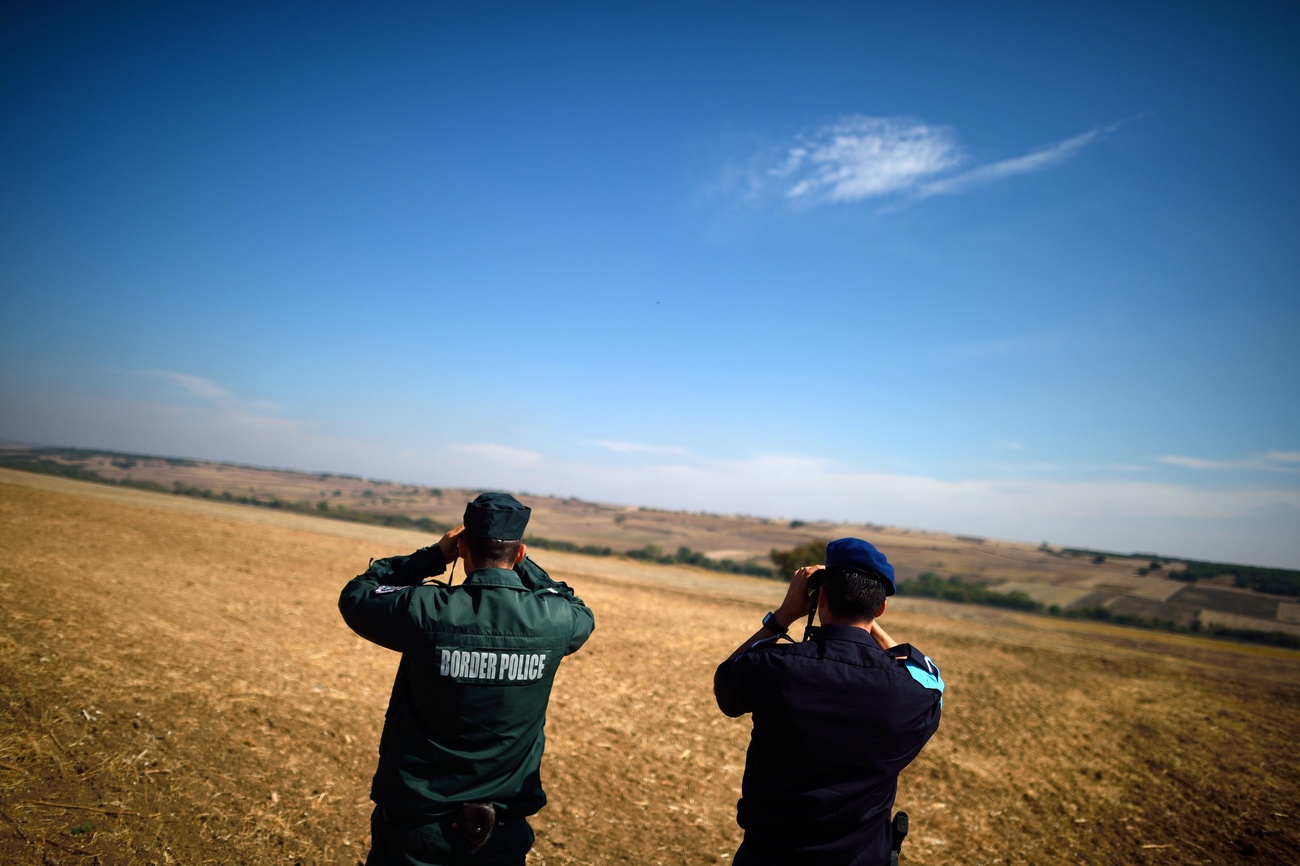
By voting in favour of boosting funds for Frontex, the Swiss people have shown their support for Europe’s security infrastructure – but with some reservations.
When it comes to security, Switzerland is only too happy to turn to Europe: on Sunday 71.5% of voters approved a bill to allocate more material, financial and human resources to Frontex, the European border protection agency that is planning to expand operations. The voters’ approval is considerably more than the majority in favour of membership of the Schengen Area, which was approved in 2005 by just over 54% of voters.
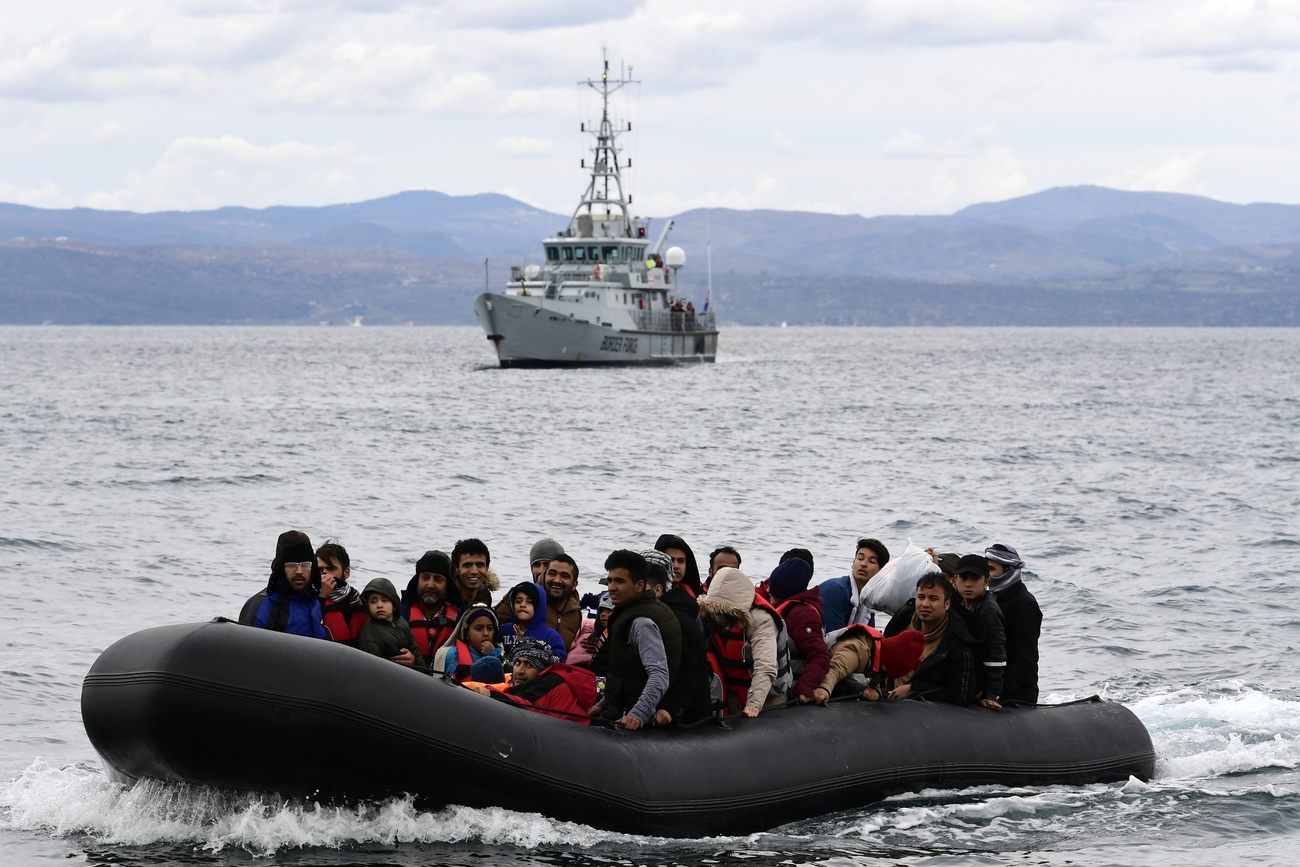
More
Swiss agree to boost funding of European border agency
Those advocating for an increase to Switzerland’s contribution to the agency framed the Frontex referendum as a fundamental vote on Schengen – in part to ensure that the agency itself, which has suffered reputational damage in recent weeks, did not land at the heart of the debate.
The peak of the scandal came when the long-serving director of Frontex, Fabrice Leggeri, resigned at the end of April. Leggeri had been held personally responsible for a string of alleged problems, including mismanagement and harassment within the agency and obstructing and misleading political institutions in Brussels.
Nothing, however, has been more damaging than the accusation that Frontex had covered up or even supported migrant pushbacks at Europe’s external borders. This allegation, which has been well documented, affects not just the former director: those in left-wing circles in particular see the agency as a symbol of “fortress Europe”, which fends off non-European migrants. The referendum against additional funding for Frontex was initiated by grassroots activists, many of whom do not have Swiss citizenship and cannot vote themselves.
The Frontex referendum in Switzerland marked the first time that voters in Europe could have a say at the ballot box on Europe’s fastest-growing agency. It was also the first-ever referendum on a pan-European security body. There is a certain irony to a non-EU country voting on the fate of an EU agency.
A referendum campaign dead on arrival
According to surveys, the fight against crime and illegal migration served as a key argument for supporters of Frontex.
The Swiss generally hold a positive view of Schengen and benefit enormously from it – the idea that border controls might be re-introduced or that European police cooperation could come to an end if Switzerland left Schengen certainly played a role in the vote. But so too did the new geopolitical situation: Russia’s invasion of Ukraine has prompted the rest of the continent to pull together, so a rejection of Frontex would have been seen in Brussels as an affront. It would have also further strained already difficult relations between the EU and Switzerland.
The referendum campaign, however, did not really take off. Although people in Switzerland have long understood that refugees and migrants are sometimes forcefully turned away at Europe’s borders, Switzerland does not really see itself as being responsible for this. The generous welcome Ukrainian refugees have received so far has reaffirmed Switzerland’s self-image as a country with an essentially humane asylum policy.
Another factor is that the Greens and Social Democrats, the only parties that supported the referendum, led a campaign that was difficult to communicate: unlike the grassroots activists, left-wing politicians said they approved of Frontex but merely wanted to send the funding proposal back to parliament in order to link it to an increase in Switzerland’s refugee resettlement quota. That argument proved both too complex and too vague for voters.
The right to asylum
Now that voters have had their say, what’s next? The Ukrainian refugee crisis, the biggest in Europe since the Second World War, has revealed huge inequalities in the treatment of refugee groups. This has sparked public discussions and could give momentum to the flagging debate over Europe’s asylum policy.
As the guardian of the Geneva conventions, Switzerland is in the spotlight on the issue of the right to asylum. That this right is being violated on Europe’s external borders – with Switzerland’s tacit approval – is clear to Frontex opponents and supporters alike. Switzerland has a seat on Frontex’s management board. With the agency’s expansion, the country will likely back human rights experts to join a newly created pool of specialists who will monitor compliance with basic rights at Europe’s borders.
Leggeri’s departure is now seen as an opportunity to reform the agency from the inside. This argument is what won supporters of Frontex the referendum – and the Swiss government will be held accountable for it.
Translated from German by Catherine Hickley/gw

In compliance with the JTI standards
More: SWI swissinfo.ch certified by the Journalism Trust Initiative
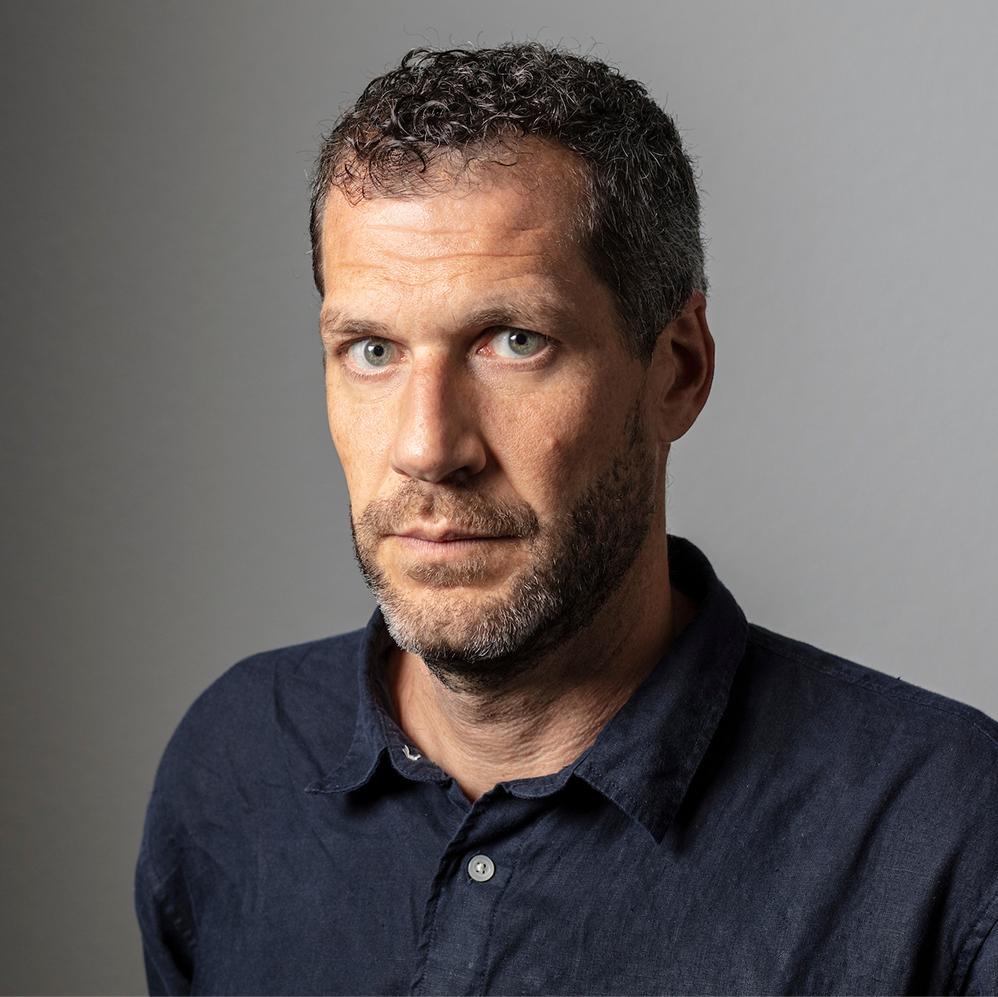

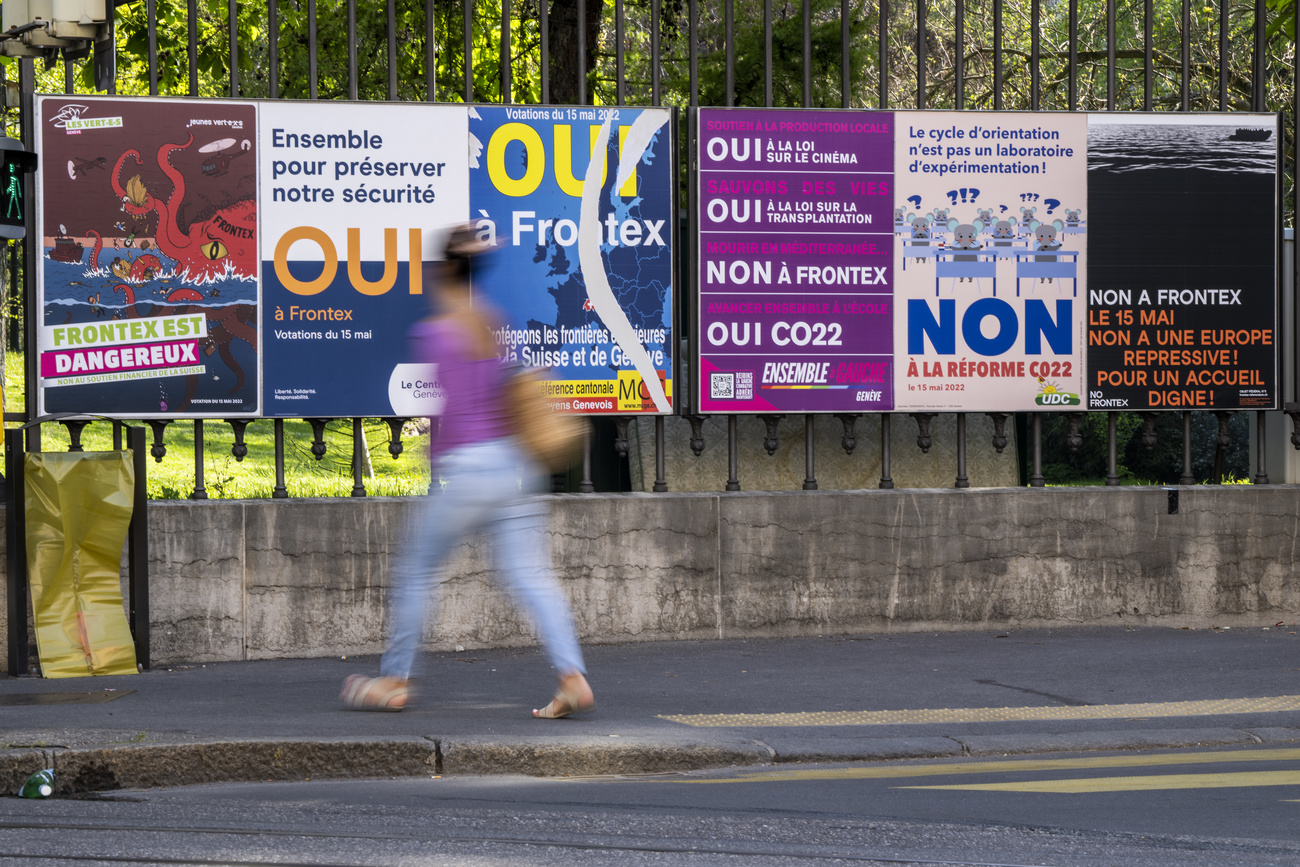
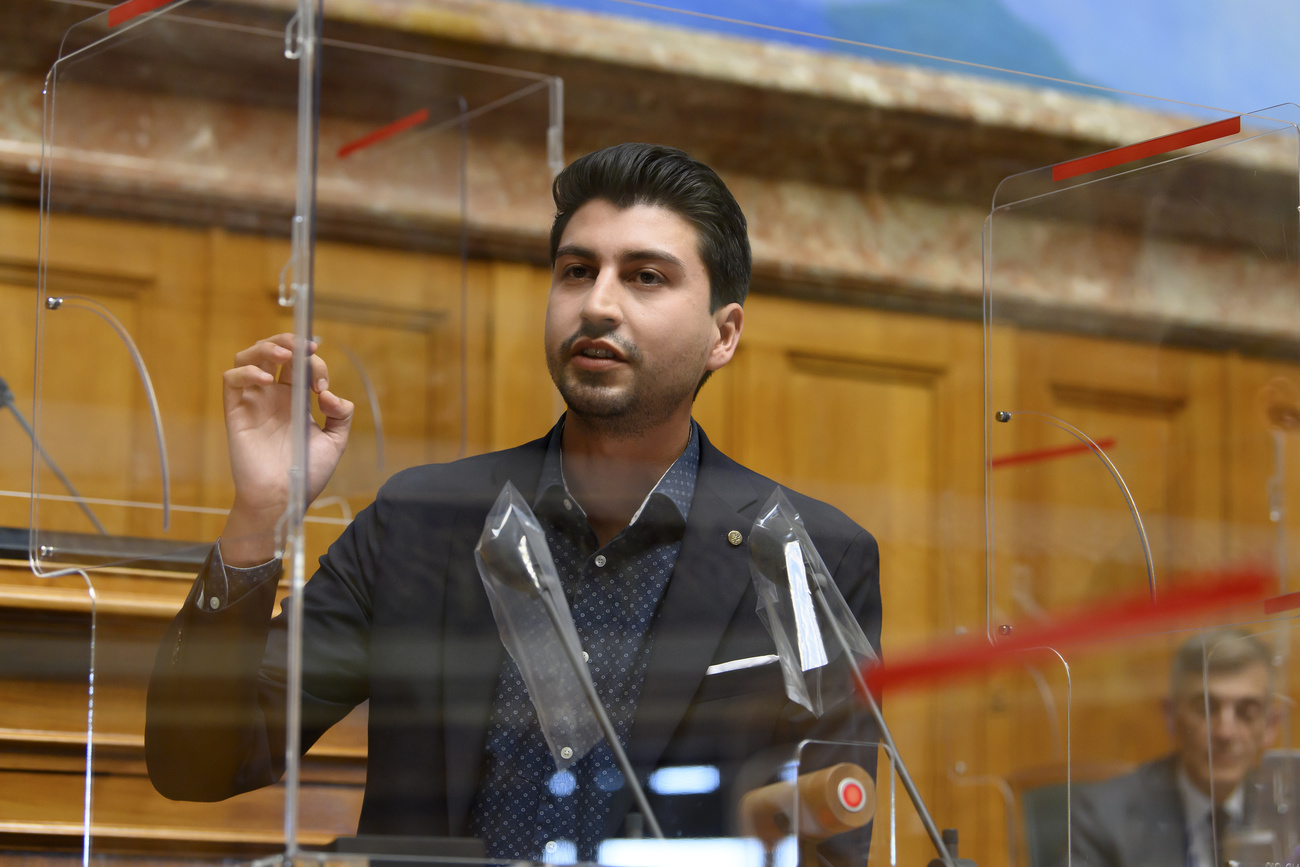
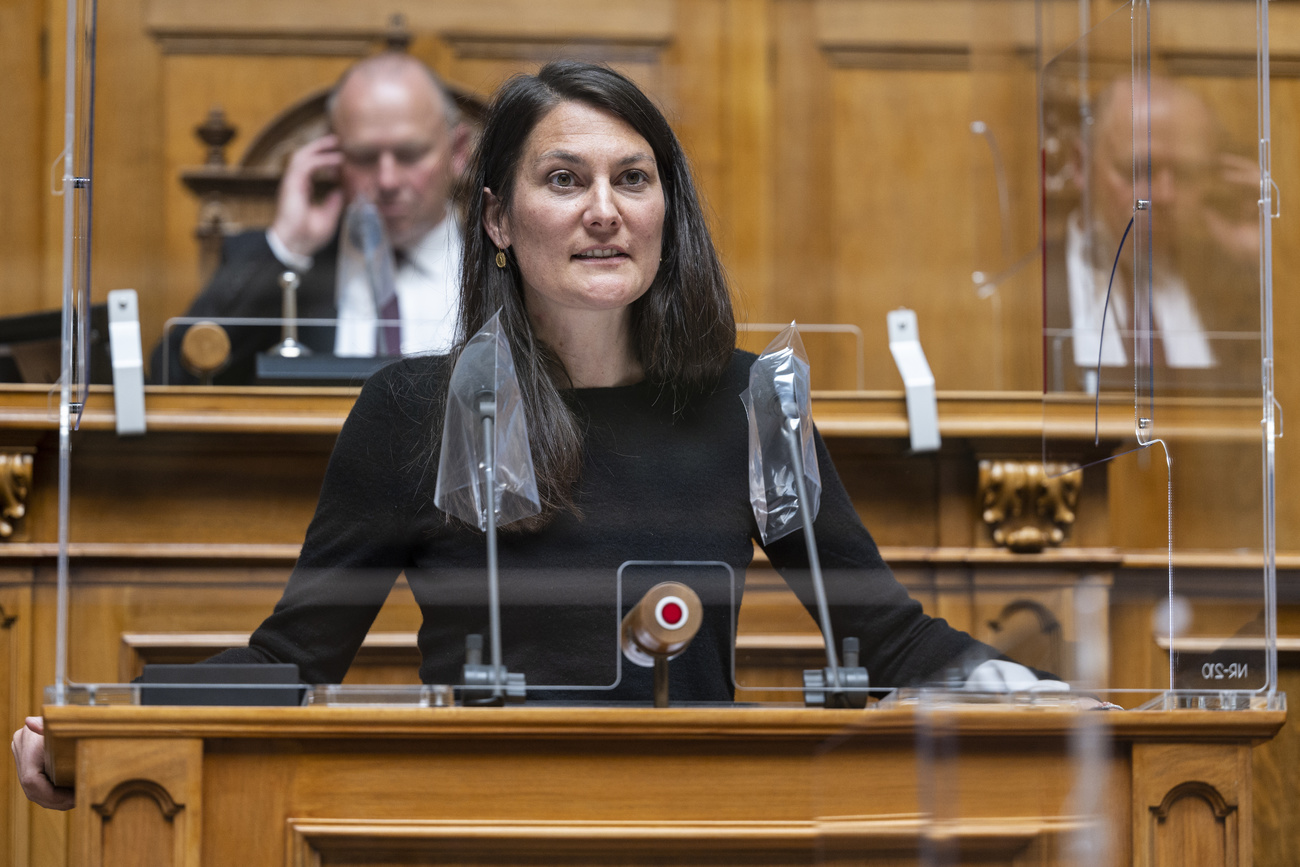


You can find an overview of ongoing debates with our journalists here. Please join us!
If you want to start a conversation about a topic raised in this article or want to report factual errors, email us at english@swissinfo.ch.